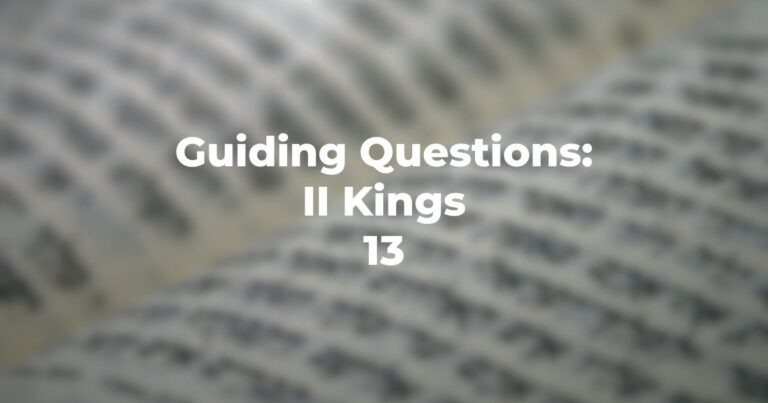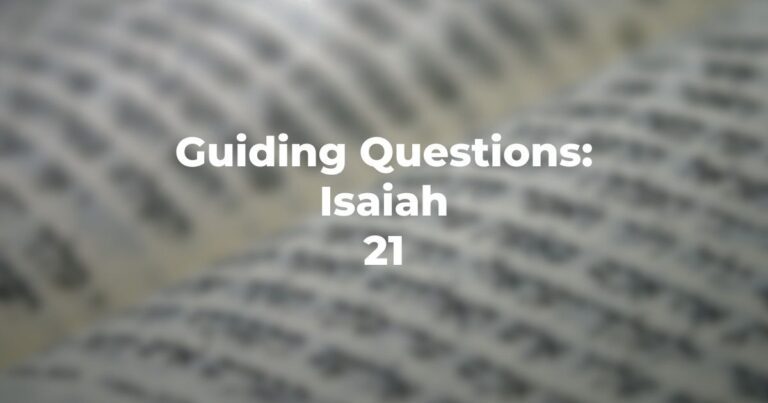- Why does Eliphaz request permission to speak (Job 4:1-2)?
- For what kind of activity does Eliphaz compliment Job (Job 4:3-4)?
- What is he saying to Job by way of admonition? Is he being critical of Job (Job 4:5-6)?
- Does Eliphaz hold to a simplistic belief in reward and punishment (Job 4:7-9)?
- What is the point of the analogy to the lion? Is there an allusion to the sins of the parents being visited upon the children (Job 4:10-11)?
- What does Eliphaz mean by “A word came to me in stealth” (Job 4:12)? (The Hebrew yegunav suggests theft.) Does he describe a prophetic kind of revelation in Job 4:12-21?
- Does the statement about the imperfections of man accord with the view of Jewish tradition? Is God tolerant of the imperfections (Job 4:17-19)?
- The apparent futility of life reflected in Job 4:19-21 is reminiscent of what other Biblical book?
- What does Eliphaz mean by “perishing forever, unnoticed” (Job 4:20)?
- The end of Job 4:21 reads: “And they die, and not with wisdom” (JPS). Another version reads: “They die, with no one the wiser.” What is the difference between the two versions?
Author
-

Exploring Judaism is the digital home for Conservative/Masorti Judaism, embracing the beauty and complexity of Judaism, and our personal search for meaning, learning, and connecting. Our goal is to create content based on three core framing: Meaning-Making (Why?), Practical Living (How?), and Explainers (What?).
View all posts





